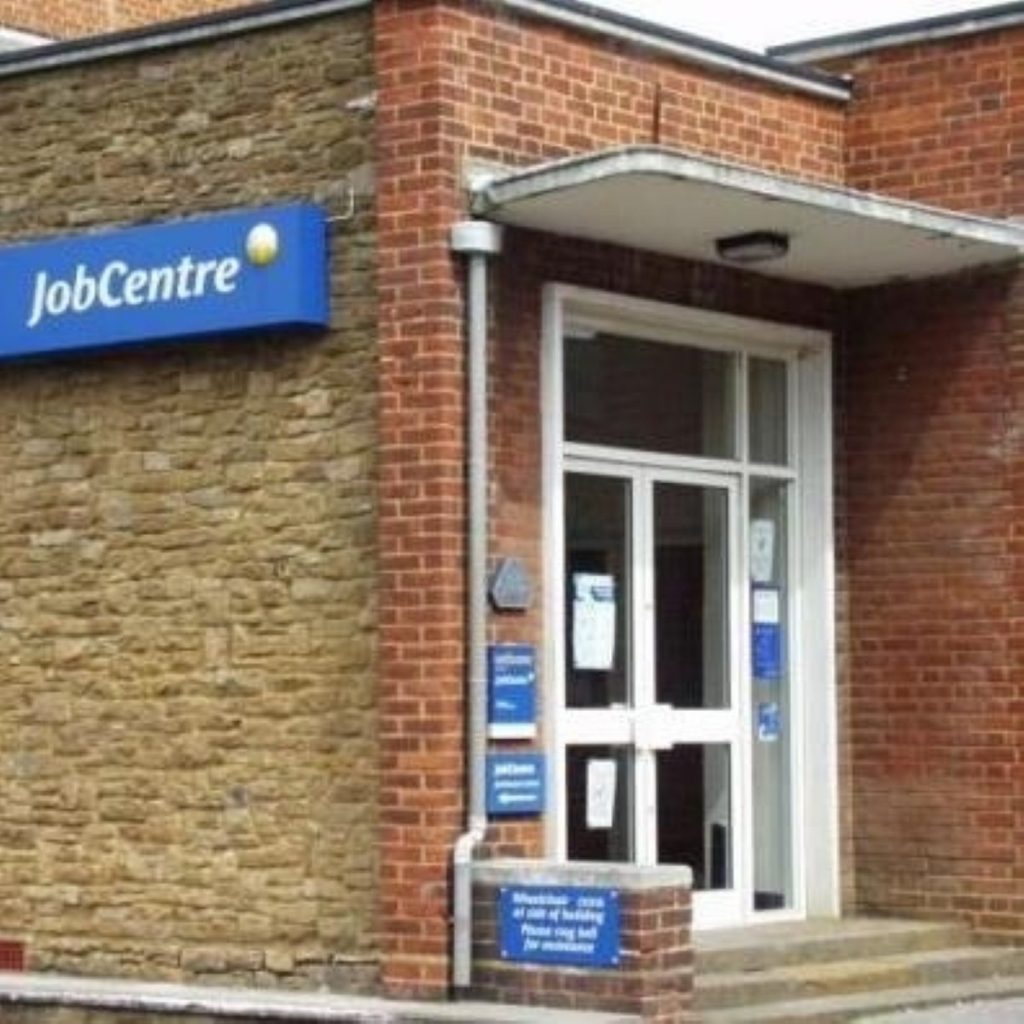Welfare reforms damage Labour’s Glasgow campaign
Labour campaigners are ignoring questions about the wisdom of introducing welfare reforms during a by-election battle for Glasgow East, a constituency with 10,000 people on unemployment benefit.
That particular benefit will now be replaced with an ’employment support allowance’ for those with medical problems preventing them working and Job Seekers’ Allowance for those who are fit to work.
The Scottish National party (SNP) candidate, John Mason, launched an angry tirade against the proposals, telling the Scotsman newspaper it was “an own goal” for Labour.
“The idea of scrapping incapacity benefit, which for many people who are genuinely disabled and genuinely ill is a lifeline, makes it very, very worrying for people,” he continued.


While he admitted some people would always misuse the benefit system to get out of having to work, Mr Mason voiced concern about Labour’s tactics to deal with the problem.
“The Conservative and New Labour idea that you therefore squeeze down the benefits, just squeeze out the people who misuse the system, I can’t live with that.
“We need to give a helping hand up. There are people out there who would love to get a job but they’re just not finding a job.”
The reforms could mean people have to do community service, such a litter collection, in return for benefits. Other plans include health checks by doctors for those claiming incapacity benefit and the use of private companies to find jobs for people who have been out of work for over a year.
Margaret Curran stood by the government proposals, despite increasing suspicion Glasgow East may be one of the first areas to pilot the reforms.
“We have always said we need to tackle unemployment,” she said.
“We need to tackle people who have been left to languish on benefits by the Tories in the past. We want to create opportunities and skills for people.
“We are damned if we do and damned if we don’t. The principles of it are absolutely at the centre of the kind of work we need to take forward for the East End of Glasgow.”
Conservative support for the reforms mean the proposals will almost certainly turn into law.









